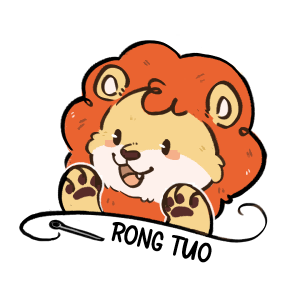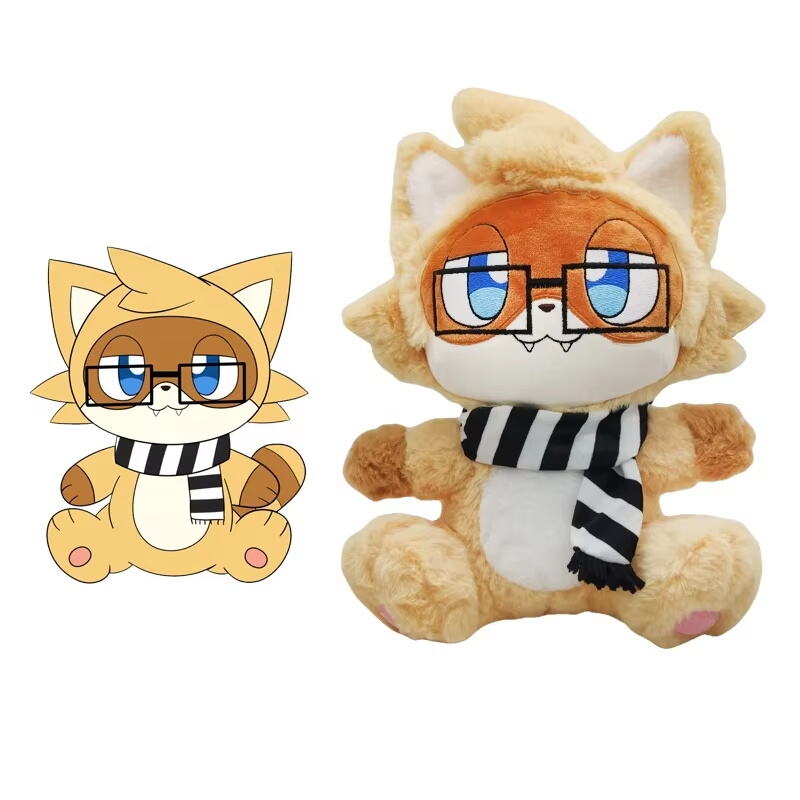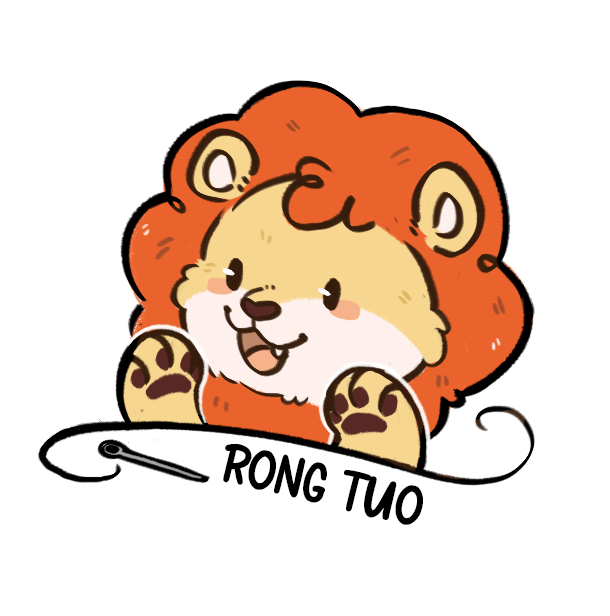Why Soft Toys Are Essential for Babies
Soft toys actually do quite a bit for babies during those important early months when they're developing so fast. The different textures and squishy surfaces really work on those little hands and eyes, helping build those all-important sensory skills from day one. Research backs this up too – kids who get to touch all sorts of materials tend to develop better coordination and become more aware of their surroundings as time goes on. Take one recent finding from the Journal of Child Development: babies exposed to lots of varied textures showed smarter thinking patterns down the road. So these plush friends aren't just cute things to cuddle with at bedtime. They're actually pretty smart investments in a child's growing brain power.
Soft toys offer comfort and security that really helps build emotional resilience in little ones. Many parents notice how these cuddly friends become something special for their kids, especially when things get stressful or there's some big change happening. Think about what happens when a baby gets separated from mom or dad at daycare - having that favorite stuffed animal suddenly becomes super important. The bond formed with these toys creates feelings of safety and trust, which are pretty fundamental for normal emotional growth. Beyond just being comforting, these toys actually play a role in development too, which is why they're so common in nurseries everywhere.
Organic Cotton Plush Toys
Benefits of Organic Materials
Soft toys made from organic cotton bring several advantages, especially when caring for infants who have delicate skin or deal with allergies regularly. Unlike regular cotton, organic varieties grow without those harsh chemicals like pesticides and fertilizers that can irritate sensitive skin. Organic cotton stays gentle on baby's skin too since it's naturally soft and allows air to circulate properly, which keeps them comfortable during playtime. What many parents don't realize is how much better this fabric actually works at preventing rashes and other allergic responses compared to traditional options. Going for these natural materials also means backing up farming methods that are kinder to our planet. Regular cotton farming tends to drain water resources and pollute soil over time. So when folks pick organic products, they're not just protecting their child's health but contributing to a greener future as well.
Top Organic Plush Toy Recommendations
Looking for really good organic plush toys? Check out Under the Nile and Green Toys. Parents love Under the Nile because they make super soft toys that are actually certified organic. What's cool about them is how they produce everything ethically, which has caught the attention of many parenting magazines and websites. They use 100% Egyptian cotton in their stuffies, so kids can play safely without worrying about harsh chemicals getting on their skin. Green Toys is another great choice with some pretty creative designs that get little ones imagining all sorts of adventures during playtime. These guys have been around forever and their plush collection continues to impress eco-minded families who want quality toys without compromising on sustainability standards.
Sensory Toys for Babies
Babies need sensory stimulation because it helps build those important brain connections and lets them start making sense of what's around them. When little ones play with sensory toys, they get curious about things and want to explore more, something really important for both thinking skills and moving around properly. Most sensory toys work on multiple senses at once. They might have bright colors that catch attention, different textures to feel with tiny hands, and all sorts of interesting sounds that grab interest too. This kind of multi-sensory experience just makes learning happen naturally as kids interact with their environment.
Children at different stages need various kinds of sensory stimulation as they grow and develop. The right toys with different textures, noises, and moving parts really help out here. Parents should pick toys suitable for their kids' age to get the most benefit and keep them safe too. Little babies often love squishy stuffed animals that make crinkly sounds or have soft rattles inside. When babies get a bit older, around 6-12 months maybe, they start getting into things like sensory balls that light up or stackable blocks which actually helps build those important motor skills and hand-eye coordination over time.
Teething Toys for Soothing Gums
Parents looking for teething toys need to think about several important aspects including safety standards, materials used, and overall design features. Safe options must not contain dangerous substances like BPA or phthalates so babies won't ingest anything toxic when gnawing on them. Also worth noting is whether the toy holds up under constant chewing without falling apart into tiny pieces that might cause serious problems if swallowed accidentally.
When it comes to helping babies through teething, silicone and rubber toys tend to work best because they're so soft and flexible. Little ones can grab onto them easily and chew away at those sore spots in their gums without hurting themselves. What makes these toys really useful is how they let babies get familiar with all sorts of different surfaces in their mouths, which actually helps develop proper oral habits early on. Parents love these options not just for comfort but also because they're generally safe stuff to put in a baby's mouth. Most quality brands avoid harmful chemicals too, so parents don't have to worry about anything getting into their child's system while they're trying to feel better.
Plush Stuffed Animals for Comfort
Soft plush toys tend to become little buddies for babies, giving them comfort when they need it most during those first few years. These squishy friends are warm and gentle on tiny hands, which helps kids get through scary nights and settle down for better sleep overall. Child specialists actually point out that stuffed animals offer real emotional support, making infants feel safe and cherished. Parents notice this too - many report that having a favorite stuffie around seems to calm upset toddlers and reduce their worries about new situations or changes in routine.
For parents picking out plush toys for little ones, teddy bears, soft bunnies, and character-themed stuffies tend to be top picks. Kids often form stronger bonds when their toys match characters from TV shows or storybooks they love. These connections do more than just entertain though they actually support emotional growth and give kids something familiar to cling to during tough moments. The way babies attach to certain plush toys at an early age lays groundwork for how they'll interact socially later on. Many pediatricians recommend keeping a few favorite stuffed animals around because they serve as comfort objects during transitions like moving houses or starting daycare.
Toys with Developmental Features
Toys made for development actually help kids work on those important motor skills we all hear about so much these days. They usually have parts that get kids moving around or manipulating things in different ways, which helps them get better at coordinating their bodies and finding their balance. Take those soft blocks with different textures for instance, or those stacking rings that come in all sizes. Kids love grabbing them, shaking them, putting them together, and taking them apart again. These activities aren't just fun playtime stuff they really do make a difference in how well children develop their senses and learn to control their hands and eyes working together.
When it comes to developing motor skills in babies around 6-12 months old, there are several great options available. Stacking rings, activity gyms, and those little toys that roll away when crawled after all stand out among parents these days. These playthings do more than just keep little ones entertained; they actually help build important strength and coordination needed during this critical growth phase. Take stacking rings for instance. Most babies start trying to grab them with both hands at once, which naturally strengthens finger muscles while teaching hand-eye coordination through trial and error stacking attempts. Activity centers tend to be packed full of different textures, colors, and moving parts that engage multiple senses at once. Kids reach, bat, press buttons, and explore different materials, all while learning how to control their movements better. And let's talk about crawl toys specifically. Nothing motivates a baby to scoot across the floor faster than chasing something colorful rolling just out of reach. This constant crawling back and forth builds core strength, improves balance, and gets those leg muscles working properly from an early age.
FAQs
Why are soft toys important for babies?
Soft toys are important because they offer visual and tactile stimulation, which is crucial for a baby's sensory and cognitive development. They also provide comfort and emotional security, aiding in emotional resilience and stability.
What are the benefits of organic cotton plush toys?
Organic cotton plush toys are beneficial as they are hypoallergenic and reduce the risk of skin irritation. They are environmentally friendly, supporting sustainable farming practices and providing safe, soft toys free from harmful chemicals.
How do sensory toys aid in baby development?
Sensory toys stimulate sight, touch, and hearing, enhancing a baby's curiosity, exploration, and brain development. They encourage cognitive and physical growth and are designed to meet the developmental needs of babies at various stages.
Why choose silicone or rubber for teething toys?
Silicone and rubber are preferred for teething toys because they are safe, pliable, and durable. They can withstand chewing, provide relief for sore gums, and promote healthy oral development without the risk of breaking into choking hazards.
What role do plush stuffed animals play in a child's life?
Plush stuffed animals offer companionship and comfort, helping children feel secure and reduce anxiety. They foster emotional connections and support social and emotional development, serving as comforting companions during early childhood.


